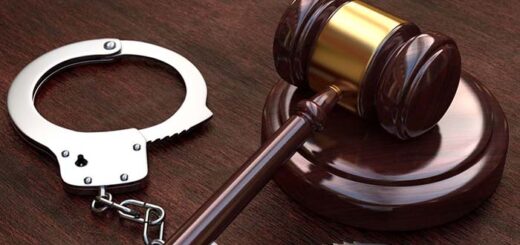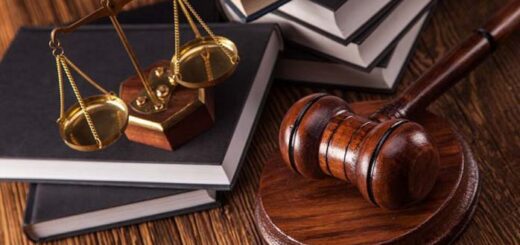Lawsuit Against Express Scripts

Medical Malpractice, Negligence & Fraud
Ever since plaintiff’s attorneys discovered that plaintiffs often did not receive adequate notice regarding the extent of their injuries, it has been common practice for them to file a lawsuit against express scripts. The courts, or their attorneys, typically found that the defendant’s claim to be deceptive was valid. However, the plaintiff’s attorneys may try and get a jury verdict based on the defendant’s own claims that they did receive adequate notice of the injury. This is called the deliberate delay rule. Basically, if the defendant has been in business for many years, and that fact was known at the time of filing, the plaintiff has no legitimate claim that the company received adequate notice to protect against a lawsuit.
There are many reasons that plaintiffs’ attorneys to file such lawsuits. Sometimes, they are trying to use lawsuit fraud to extract a settlement from companies that do not want to pay damages. Other times, plaintiffs’ attorneys are trying to force negligent companies to compensate for the harm that was intentionally caused by another party.
One way for a plaintiff to show that a company acted unreasonably in releasing or concealing information is to introduce discovery that shows that a company withheld information.
If the company failed to provide sufficient notice of the litigation, there is a strong case that they were engaged in a lawsuit fraud. It is extremely important for plaintiffs’ attorneys to obtain discovery in this area, and they will often bring the discovery to a judge’s attention in hopes of having judges reduce the amount of damages that they are able to recover.
Another way for plaintiffs to show that they have suffered due to defendant’s negligence is to introduce statements from witnesses that contradict the defendant’s version of the events.
For example, if the defendant says that they had a general meeting with their manufacturing facilities, then plaintiffs may present testimony from a witness who says that this meeting never occurred. This kind of evidence can be quite powerful in determining who is liable for a lawsuit. Especially, if the witness comes from an outside source who has no financial ties to either the company or the individual who is being sued.
Many individuals who file these types of lawsuits fail to include proper notice of a lawsuit.
Without such notice, a person cannot bring suit against a company until after the damage has been done. There are a variety of theories that these plaintiffs’ attorneys use to try and get this notice included in a lawsuit. Usually plaintiffs’ attorneys will file a motion to dismiss on the basis that defendants simply neglected to give them notice of the lawsuit. The court will then determine whether the defendants complied with this requirement, or whether there is a likelihood that the defendants violated the statute or acted in bad faith.
Finally, it is very important that the proper documents are filed when filing a lawsuit.
The lawsuit must contain all discovery, and any exhibits that relate to the parties’ positions should also be included. Discovery generally refers to written documents obtained from a defendant’s property or business, that shed light on the parties’ activities leading up to the lawsuit. Exhibits can be depositions, written documents, audio and video recordings, emails, letters, etc. Attorneys often prepare a lawsuit log detailing each discovery received. In addition, the logs can also include expert reports that the attorneys prepare after reviewing the discovery and any supporting documents.
There are two types of lawsuit sub-plaintiffs exist. Sub-plaintiffs simply attach a complaint to the lawsuit, stating that they have a valid claim for damages.
A counter-suit is filed by the defendant or his/her attorney. A counter-suit is usually filed within a few days of the date of service of the complaint, but often longer. The counter-complaint attempts to restate the issues or facts covered by the complaint and restate the lawsuit to make it more legally appropriate. If both sides agree to a settlement, a court hearing may be necessary, which is handled by a judge.
Lawsuits involving medical malpractice, negligence, and other claims for compensation can be brought by either a plaintiff or a defendant. In recent years, many doctors and medical companies have been found to be liable for lawsuits related to negligence, and to be guilty of fraud, when they were not responsible for the actions of their staff members. As such, it is imperative that any victim or family members of such victims immediately contact a highly experienced personal injury lawsuit fraud lawyer in their area to begin their legal case.












